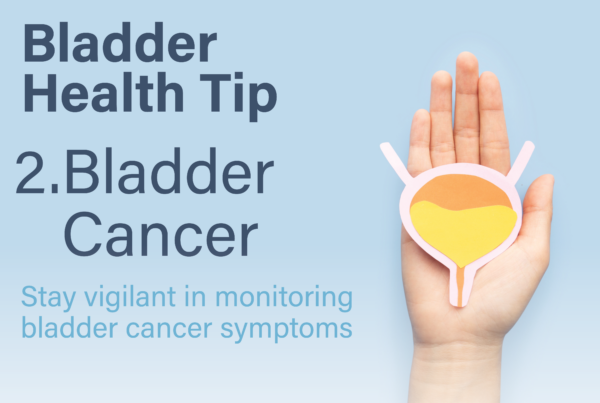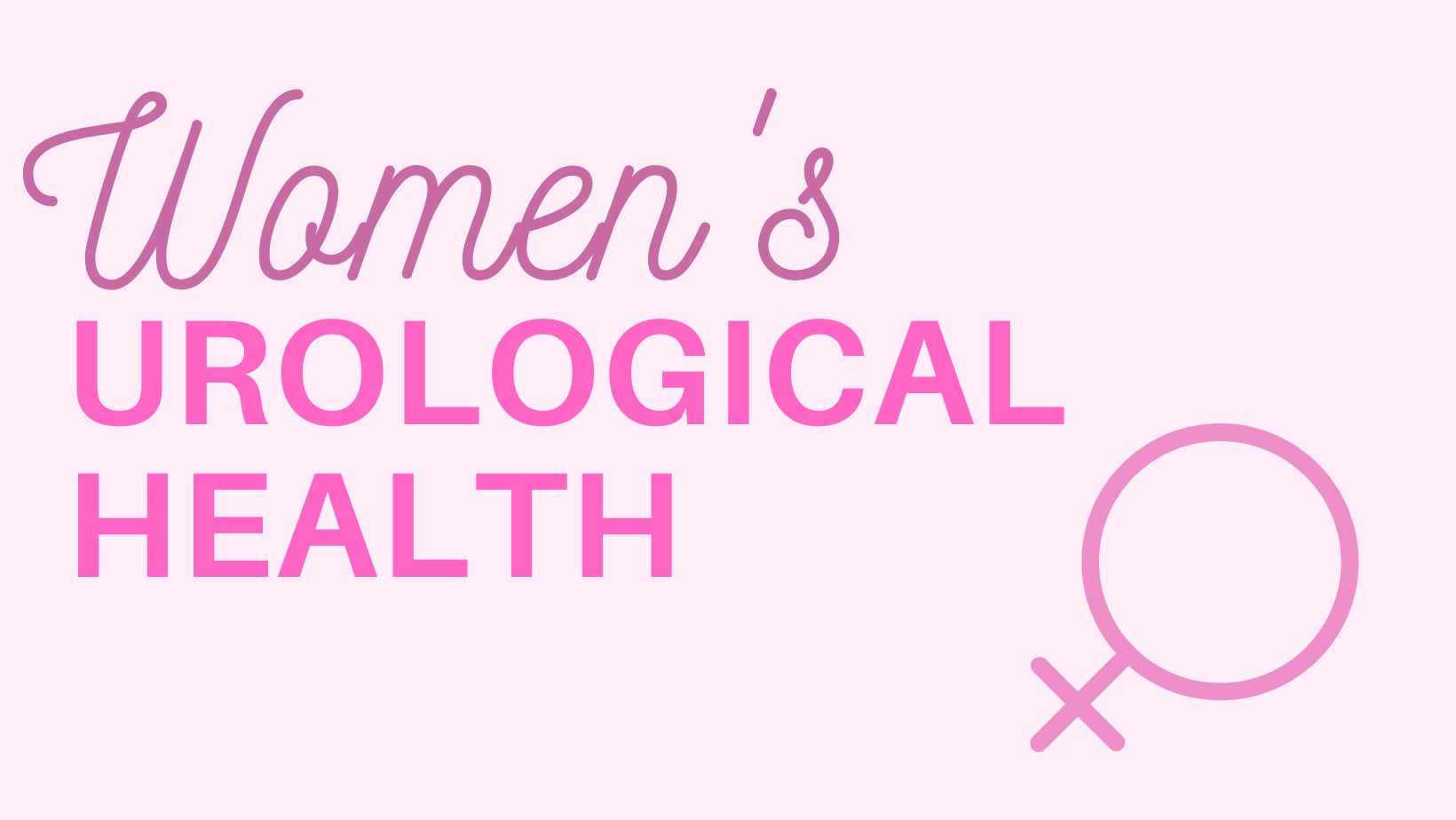When it comes to urological health, many people think of it as a men’s issue. However, women can also face various urological problems that can have a significant impact on their overall health and quality of life. This National Women’s Health Week, we’re taking a closer look at women’s urological health, some of the conditions women may face and healthy practices you can take now to avoid the risk of developing urological issues.
What is Urological Health?
Urological health refers to the health of the urinary tract and the male and female reproductive systems. This includes the bladder, kidneys, ureters, urethra, prostate (in men), and ovaries, uterus, and vagina (in women).
Common Urological Conditions in Women
Urinary Tract Infections (UTIs) – UTIs are one of the most common urological problems that women face. They occur when bacteria enter the urethra and cause an infection in the bladder. Symptoms of UTIs include frequent and painful urination, fever, and back pain. UTIs can be treated with antibiotics, but it’s important to seek medical attention promptly as untreated UTIs can lead to serious complications.
Overactive Bladder – Overactive bladder is a condition where the bladder contracts involuntarily, causing a sudden and intense urge to urinate. This can lead to frequent urination, often more than eight times a day, and sometimes even at night. Overactive bladder can be treated with lifestyle changes, medication, or even surgery.
Incontinence – Incontinence is a condition where a person has difficulty controlling their bladder. This can lead to accidental leakage of urine or even complete loss of bladder control. Incontinence can be caused by a variety of factors, including childbirth, menopause, and nerve damage. Treatment options include pelvic floor exercises, medication, or surgery.
Pelvic Organ Prolapse – Pelvic organ prolapse occurs when the muscles and tissues that support the pelvic organs become weak or damaged. This can cause the bladder, uterus, or rectum to bulge into the vaginal wall, leading to discomfort, pain, and incontinence. Treatment options include pelvic floor exercises, surgery, or the use of a pessary (a device inserted into the vagina to support the pelvic organs).
Kidney Stones – Kidney stones are hard, mineral deposits that form in the kidneys and can cause severe pain when passing through the urinary tract. Women are more likely to develop kidney stones than men, and risk factors include dehydration, obesity, and a diet high in salt and sugar. Treatment options include pain management, hydration, and in some cases, surgery.
Maintaining Urological Health
Maintaining urological health is important for women of all ages. Some tips for maintaining urological health include:
- Drinking plenty of water and staying hydrated
- Eating a healthy, balanced diet
- Practicing good hygiene, especially around the genital area
- Urinating regularly and completely
- Avoiding smoking and excessive alcohol consumption
- Exercising regularly, including pelvic floor exercises
Urological health is an important aspect of overall health for women. While many of the conditions that affect women’s urological health are common and treatable, it’s important to seek medical attention promptly if symptoms arise. By maintaining healthy habits, women can reduce their risk of developing urological problems and maintain their overall health and quality of life.






